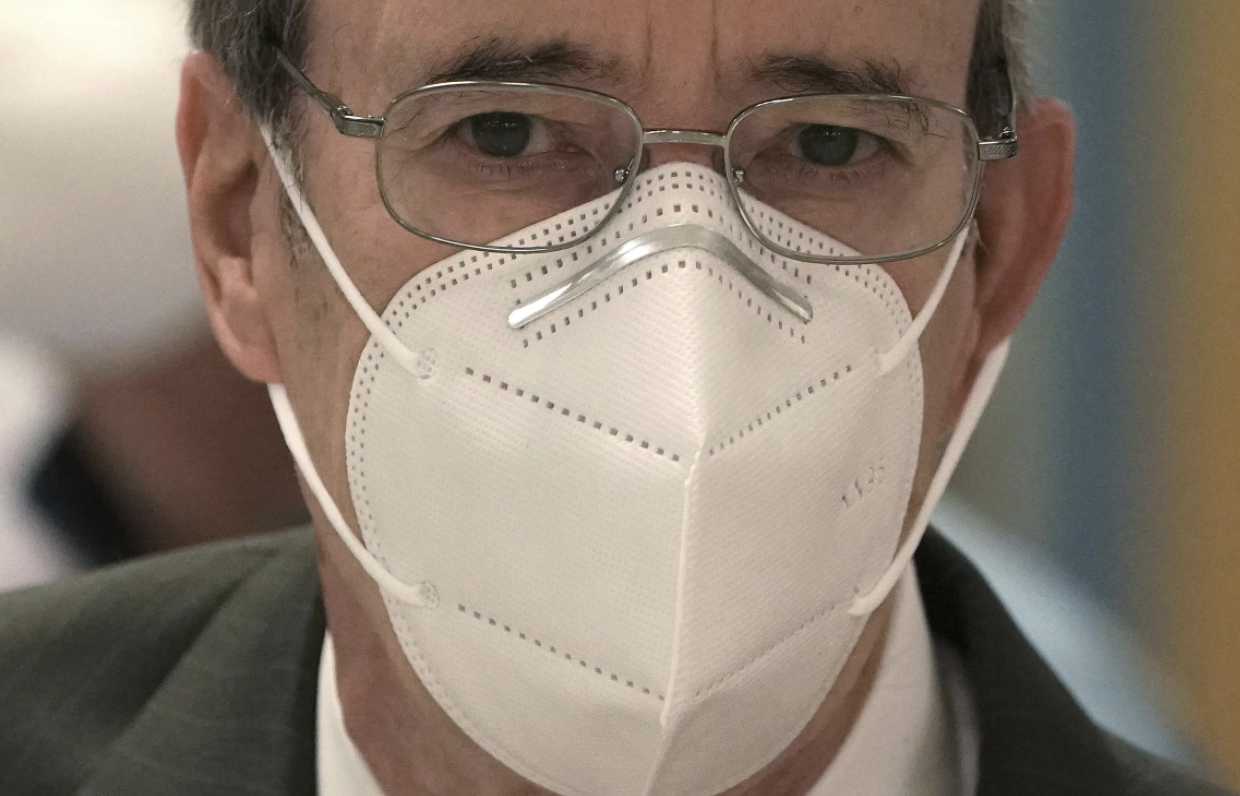House Foreign Affairs Committee Leader Call For “Investigation” Of Navalny Poisoning
Tyler Durden
Tue, 09/08/2020 – 15:36
Despite President Trump’s comment on Friday that his administration “had not yet seen proof” that Alexei Navalny, the Putin critic who just emerged from a medically induced coma in a German hospital, had been poisoned – like German Chancellor Angela Merkel alleges – a bipartisan group that includes the leaders of the House Foreign Affairs Committee are pushing the administration to launch an investigation, even going so far as to suggest that more sanctions might be necessary.
As to how Washington might go about investigating a crime allegedly committed by a shadowy group of operatives thousands of miles away is another matter left entirely unexplored, apparently.
“If the Russian government is once again determined to have used a chemical weapon against one of its own nationals, additional sanctions should be imposed,” Representatives Eliot Engel, the Democratic committee chairman, and Michael McCaul, the panel’s top Republican.
For those who aren’t familiar with the New York Congressman, Engel was recently defeated in a Democratic primary by an upstart backed by AOC.
The two lawmakers are hardly the first to suggest that Russia be subjected to some kind of official penalty for the alleged poisoning, Navalny was, according to the German government, poisoned with “military grade” Novichok, described by the NYTimes as a ‘fearsome’ nerve agent, long employed by spies and assasins,
The same substance was allegedly used in the poisoning of Russia double-agent Sergei Skripal, and his daughter. However, the Skripals, like Navalny, survived the attack. That doeen’t exactly bode well for the whole ‘fearsome nerve agent’ theory. That’s not the only factor that undermines the official narrative.
Germany has said it wants the poisoner held accountable, while Russia hasn’t opened an investigation.
I ask @OlafScholz (via Bloomberg moderator) whether Germany should scrap Nord Stream 2 if Russia doesn’t cooperate with Navalny inquiry. Despite prodding he twice dodges the question.
— Tom Nuttall (@tom_nuttall) September 8, 2020
Though it looks like many allies of Chancellor Merkel – who favors a more realpolitik approach when it comes to NordStream 2 – are starting to push back on the prospect of further action.
Readers can find the press release and letter below:
* * *
Washington, D.C. – Representatives Michael McCaul, Republican Leader of the House Committee on Foreign Affairs, and Eliot Engel, the Committee’s Chairman, today called on the Trump Administration to investigate Russia’s use of chemical weapons in the poisoning of Russian opposition leader Alexey Navalny. Under the Chemical and Biological Weapons Control and Warfare Elimination Act of 1991, this request triggers an investigation into Russia’s alleged violation of international law. In their letter to President Trump, the lawmakers urged the administration to enact additional sanctions if it’s determined that chemical weapons were used against Navalny.
“If the Russian government is once again determined to have used a chemical weapon against one of its own nationals, additional sanctions should be imposed,” wrote the lawmakers. “Those responsible for this despicable attack must be held accountable, and Russian President Vladimir Putin must know that he and his cronies will not be allowed to violate international law with impunity.”
Full text of the letter can be found here and below:
Dear Mr. President,
We are deeply concerned by reports that leading Russian political activist Alexey Navalny was poisoned on August 20, 2020, by a Novichok chemical nerve agent and formally request that the executive branch investigate whether Russia has used chemical weapons in violation of international law or has used lethal chemical weapons against its own nationals. Pursuant to Section 306 of the Chemical and Biological Weapons Control and Warfare Elimination Act of 1991 (22 USC 5604) (“the CBW Act”), this request triggers a required 60-day evaluation period, and then, if a determination is made that chemical weapons were used, a sanctions process is laid out under the Act.
As you know, Mr. Navalny is suspected of being poisoned at an airport café in the Russian city of Tomsk. After initially receiving medical care at the Omsk Emergency Hospital, he was transported from Russia to the Charité hospital in Berlin for treatment. Doctors at the Charité hospital announced their finding that Mr. Navalny was poisoned with a Novichok agent on September 2, 2020. We thank Chancellor Angela Merkel and our German allies for opening their doors to Mr. Navalny and his family so that he may be treated in Germany.
The poisoning of Mr. Navalny is particularly disturbing given that a Novichok agent was also used in a March 2018 attack on former Russian intelligence officer Sergei Skripal in Salisbury, England. In that instance, you determined that the Russian government was behind the attack in contravention of international law which in turn triggered sanctions against Russia under the CBW Act. If the Russian government is once again determined to have used a chemical weapon against one of its own nationals, additional sanctions should be imposed.
Finally, we urge you to continue to act in concert with our allies and partners to demand Russia cooperate fully with a thorough international investigation to be led by the Organization for the Prohibition of Chemical Weapons into Mr. Navalny’s poisoning. Those responsible for this despicable attack must be held accountable, and Russian President Vladimir Putin must know that he and his cronies will not be allowed to violate international law with impunity.
Sincerely,
ELIOT L. ENGEL
Chairman
MICHAEL T. McCAUL
Ranking Republican Member
* * *
Source: House Foreign Affairs
via ZeroHedge News https://ift.tt/35ep5Rb Tyler Durden
